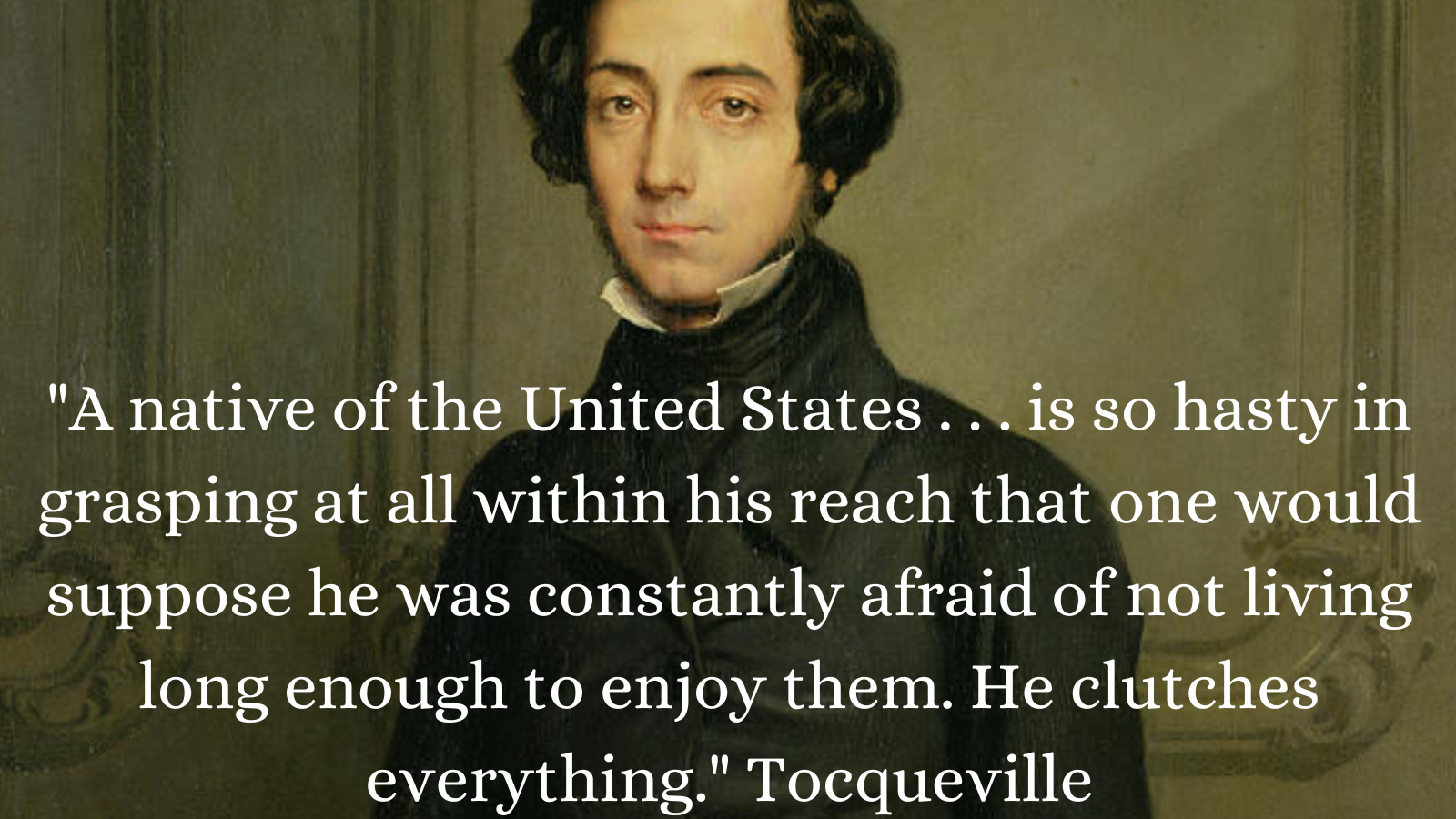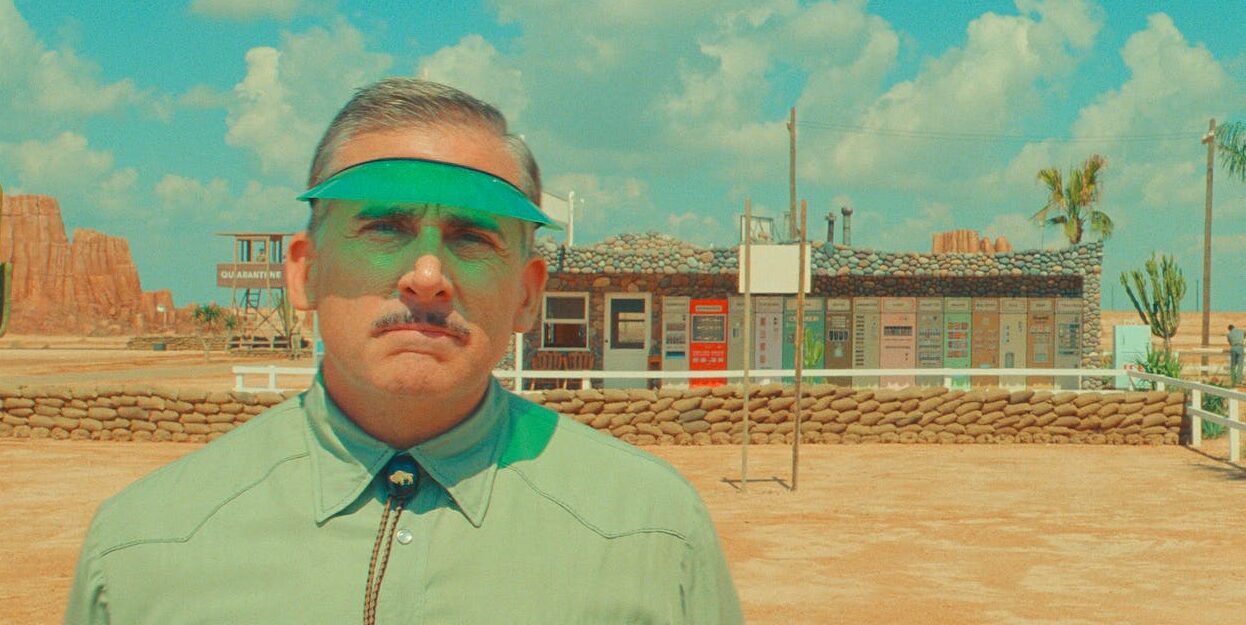Asteroid City: America is a Strange Land
I didn't like the movie, but it was strange. I suppose that's positive . . . or at least, American.

The film is dysfunctional. Its shots are "off" (maybe because it's filmed in the "Academy Ratio"). The characters are off. The "offness" goes out (the camera work) and the offness comes in (the characters). Everything is off.
It shows, in Techera's opening words in his review essay, that "America is a strange country."
I'd argue it's a strange country because it is, and always has been, the Left Hemisphere Empire. De Tocqueville marveled at the hustle and bustle he found here: everyone intent on making a dollar. Efficiency, goals, ambition.

I speculate that the original settlers were heavily inclined toward the left hemisphere. America became the Left Hemisphere Empire because its wide-open possibilities attracted that type of person to begin with: The country where you can make your dreams come true . . . where you can aim, strive, succeed, and get rich.
And by attending to America's land with such left hemisphere properties, Americans altered what it found here, transforming huge swaths of forest and prairies into metropolises. McGilchrist speculates:
"[T]he modern western urban environment may be exaggerating the tendencies that the left hemisphere has projected there . . . ". The Master, p.456.
To the left hemisphere, a beautiful landscape isn't to be appreciated serenely: it's to be chopped into lots, developed, and sold.
It resulted in making America a strange land, one where folks are lost in the cosmos, where everything--like everything in this film, from its characters to its technical aspects--is strange.
[A]t the Enlightenment the promptings of the right hemisphere, excluded from the world of rationalizing discourse in the left hemisphere, came to be seen as alien. I believe this is the origin of the rise of the experience of the 'uncanny,' the darker side of the age of the Enlightenment. The Master, p. 350.
In America, everything is rational. The problem is, Everything isn't rational.
The result is a fundamental disconnect: a dysfunction, an "offness," a strangeness.


